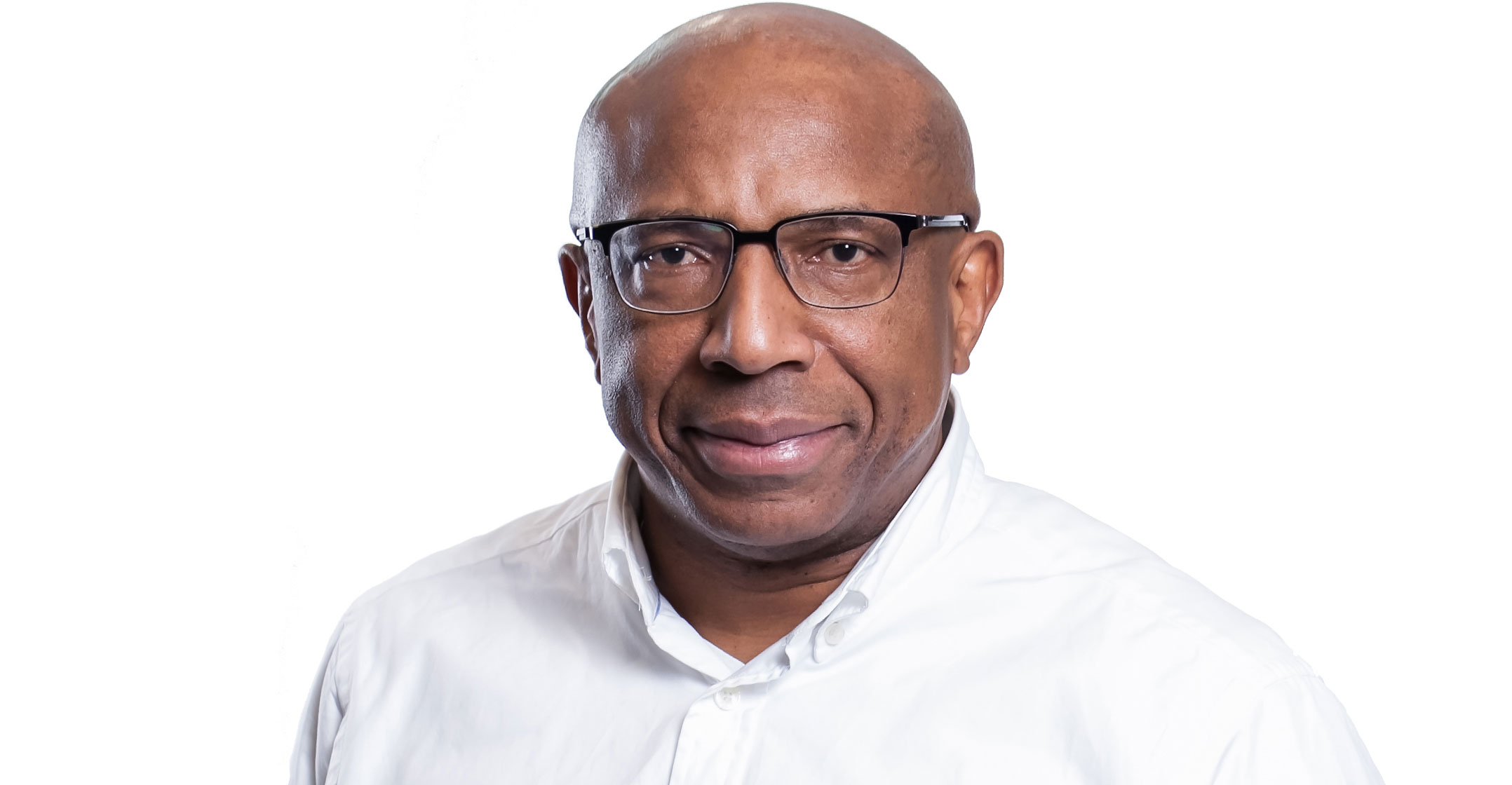
Telkom CEO Sipho Maseko said on Tuesday that the company has briefed its lawyers to “consider and advise” it on its available options given its deep unhappiness with communications regulator Icasa’s invitation to apply (ITA) for 4G and 5G broadband spectrum.
Maseko suggested during a presentation at Telkom’s interim results presentation for the six months to 30 September 2020 that the company could seek legal action against Icasa over what it sees as material flaws in the ITA, particularly when it comes to ensuring a competitive mobile sector.
“…The ITA disregarded or gave insufficient weight to the promotion of competition as a material consideration in the licensing of high-demand spectrum,” Maseko said via a webcast of the results.
“Whatever action we take will be designed to ensure there is regulatory certainty, there is fairness, there is lawfulness and also that there is speedy licensing of high-demand spectrum. It can’t be done on an unfair basis because that decreases the level of certainty for everyone.”
Telkom has become increasingly agitated in recent years over the relative strength of Vodacom and MTN in South Africa’s mobile sector. Cell C’s recent retreat from building and managing its own radio access network means Telkom is the only large operator still providing infrastructure competition to Vodacom and MTN. (Data-only operator Rain is relatively small by comparison, and has tied its fortunes to Vodacom.)
Though Telkom plans to participate in the ITA and the spectrum licensing process, Maseko warned that this “should not be construed as tacit agreement with it”.
‘Ineffective’
“We believe competition in the mobile sector is ineffective. The licensing of spectrum is one of the most potent tools in the hands of the regulator to reset the imbalanced market structure and promote competition. But Icasa missed the opportunity of the licensing of spectrum to address the monopolistic nature of the market,” Maseko said.
“We believe they have disregarded the findings and recommendations of the Competition Commission that it (Icasa) must not license spectrum in a manner that entrenches the monopoly. The way the ITA is designed, whether it’s spectrum caps or lots, in a way … that disadvantages Telkom as the only credible infrastructure competitor to the monopoly of the two larger players. The caps proposed in the ITA disregard the fact that spectrum is available to the duopoly already through spectrum arrangements between themselves and smaller licensees.”
Telkom is already challenging Vodacom’s network roaming agreements with Rain at the Competition Tribunal, saying the deals constitute a notifiable merger under the Competition Act. This is despite earlier findings by the Competition Commission and Icasa that the deals passed regulatory muster. Telkom has also expressed grievances about a similar arrangement between Vodacom and Liquid Telecom for the roll-out of 5G services and between MTN and Liquid for 4G services, though these are not the subject of the complaint to the tribunal.
 Unless Icasa’s ITA is rewritten, the “current duopoly will be entrenched for at least 20 years”, Maseko said. “There is an urgent need to level the playing field before these long-term commitments are made. We have therefore launched proceedings with the Competition Tribunal to ensure the full competition implications of the spectrum assignments between Vodacom and Rain are fully assessed and that the sector is regulated according to those outcomes.”
Unless Icasa’s ITA is rewritten, the “current duopoly will be entrenched for at least 20 years”, Maseko said. “There is an urgent need to level the playing field before these long-term commitments are made. We have therefore launched proceedings with the Competition Tribunal to ensure the full competition implications of the spectrum assignments between Vodacom and Rain are fully assessed and that the sector is regulated according to those outcomes.”
“We have also made written and verbal submissions to Icasa that its mobile broadband services inquiry (currently under way) must consider the implications of the licensing of spectrum of the mobile broadband market and that the licensing of spectrum must be informed by the public assessment of the spectrum arrangements between the smaller players and the larger players … to understand their impact on competition.”
Maseko also expressed his reservations about the quantum of spectrum to be awarded to the planned wholesale open-access network, or Woan, saying Icasa “missed an opportunity to enable the Woan as an effective competitor to the duopoly, including for 5G services, given the limited spectrum that has been given to it”. – © 2020 NewsCentral Media




